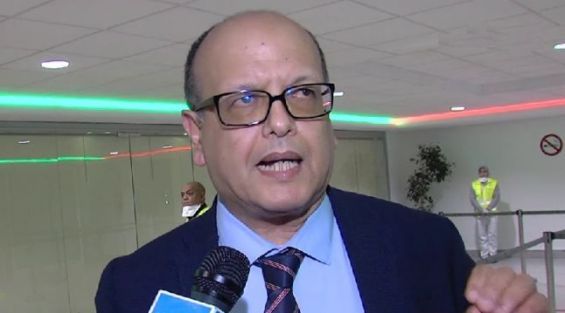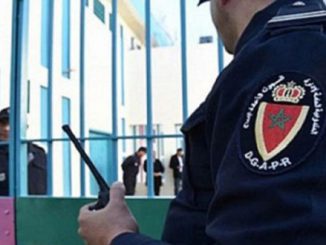
According to a WHO press release, Mr. Moussif, along with six other experts, including South African Dr. Lucille Blumberg of the National Institute of Communicable Diseases and Senegalese Professor Amadou Sall, Director of the Pasteur Institute of Dakar, represents the African continent on World Health Organization’s (WHO) committee of experts.
This committee is composed of 23 members, including five European scientists, among whom Professor Lothar Wieler, President of the Robert Koch Institute in Germany. There are four experts from the Americas, including Canadian Dr. John Lavery, Executive Director of Health Emergency Management British Columbia and American Professor James Leduc from the University of Texas.
Other members include the Director of the China Center for Disease Control and Prevention, Professor Dexin Li and Myongsei Sohn, Professor Emeritus of the Yonsei University Medical School, Korea.
Over two days, the committee will examine the functioning of the International Health Regulations regarding the new Coronavirus and recommend “changes it considers necessary,” according to the WHO.
This will include a review of the emergency committee’s convening, as well as the declaration of a public health emergency of international concern. It will review the role and functioning of the IHR National Focal Points, as well as the progress made in implementing the recommendations of previous IHR Review Committees.
The International Health Regulations are the most important legal instrument for global health security,” said Tedros Adhanom Ghebreyesus, Director-General of the World Health Organization, on Monday during a virtual press conference from Geneva.
The aim will be to provide the head of WHO with advice on the potential need to amend the IHR to ensure that this powerful tool of international law is as effective as possible.
“The committee will also communicate, as appropriate, with other review bodies, including the Independent Pandemic Preparedness and Response Group and the Independent Oversight Advisory Committee of the WHO Health Emergencies Programme,” said Dr Tedros.




Be the first to comment